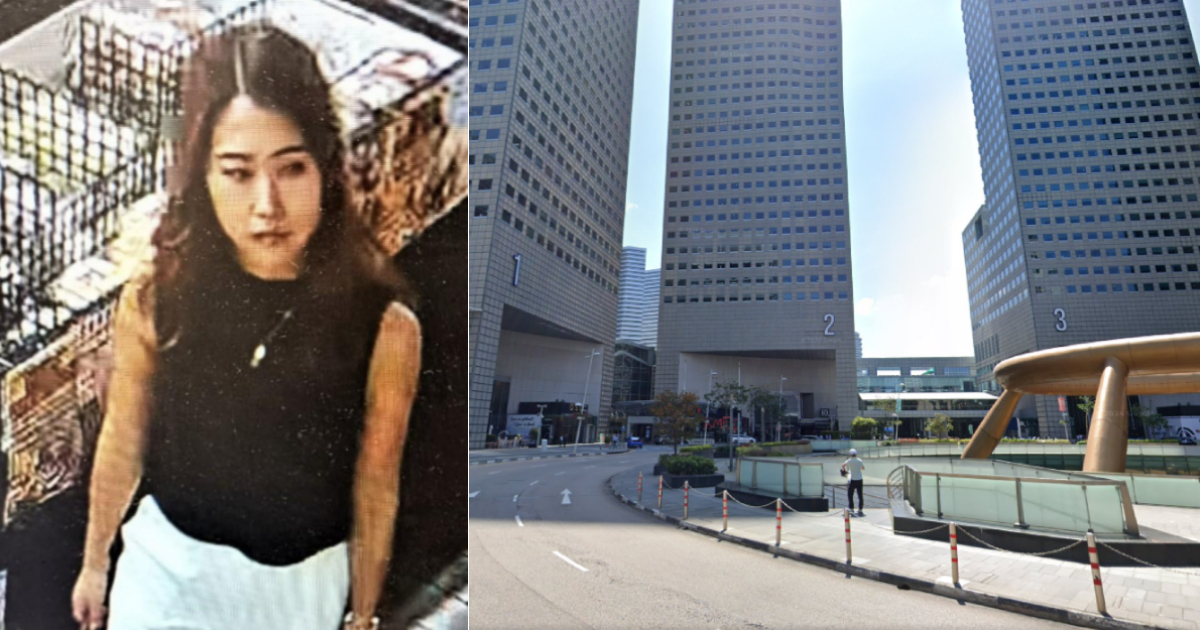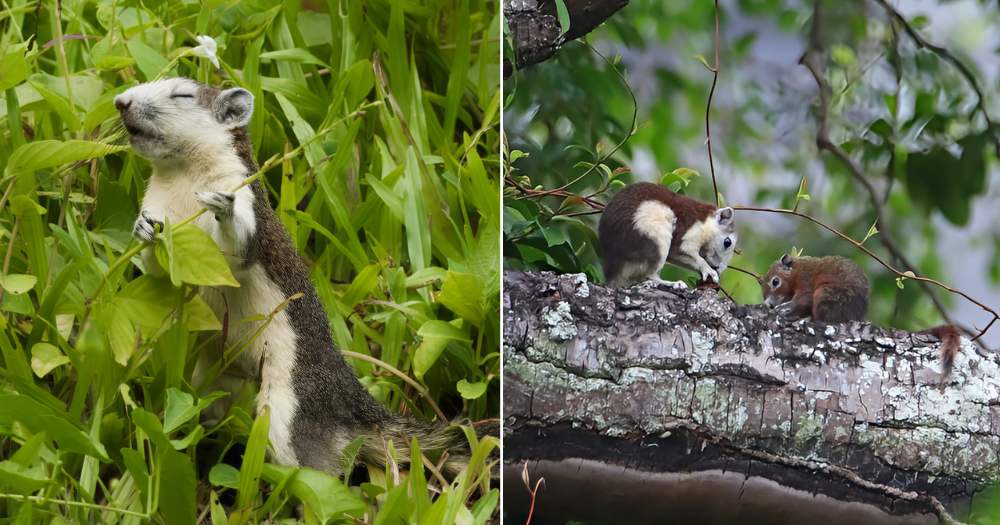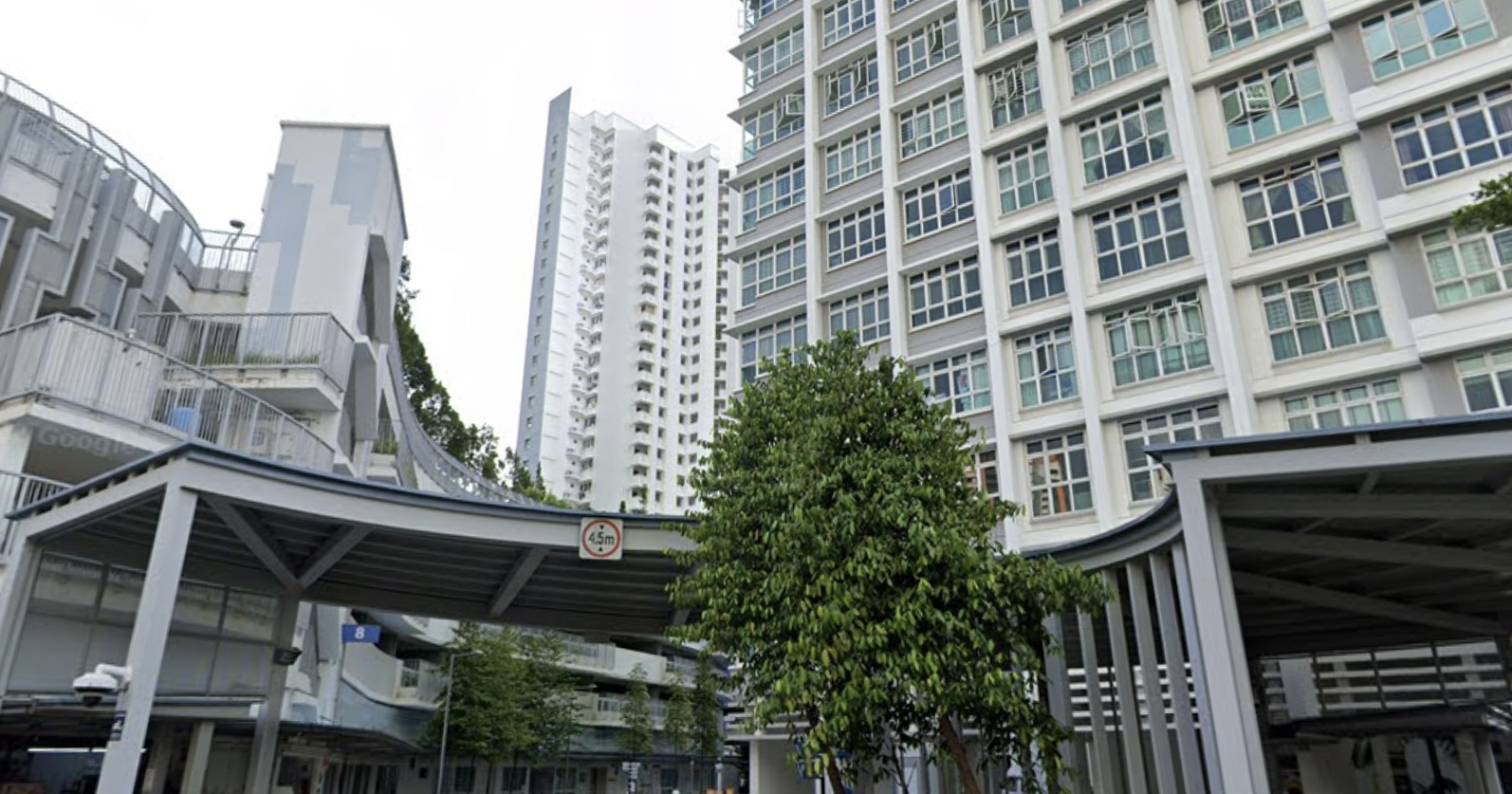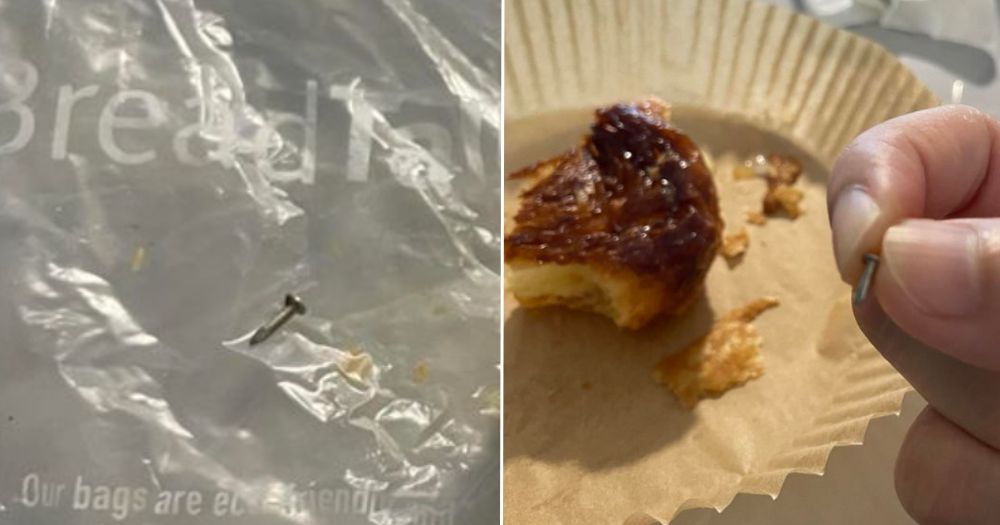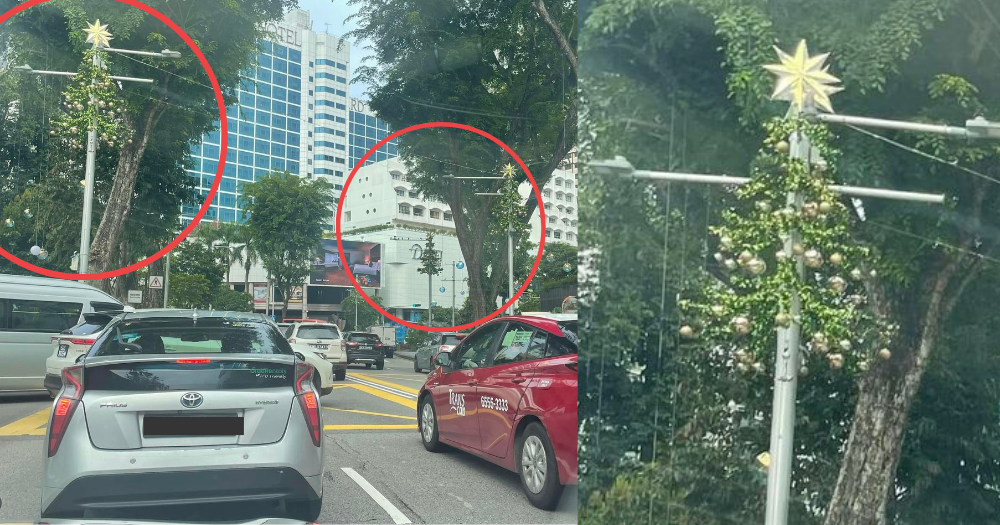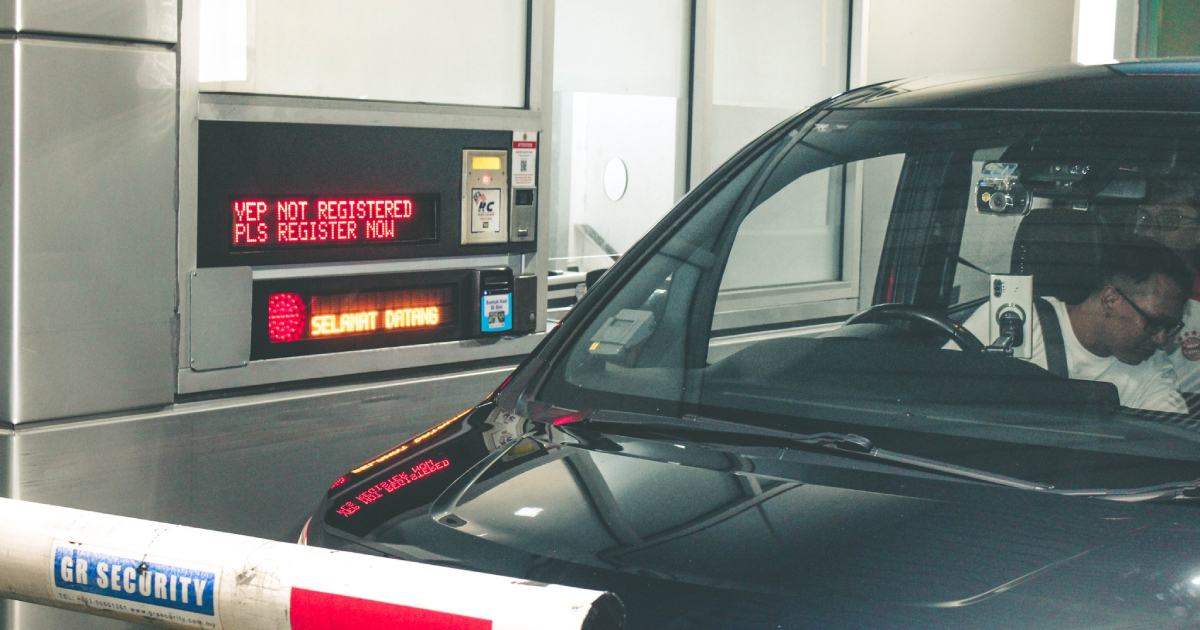NEA expanding Project Wolbachia to new areas in Serangoon & Jurong to fight dengue
Residents should still remain vigilant and take steps to minimise the spread of dengue.
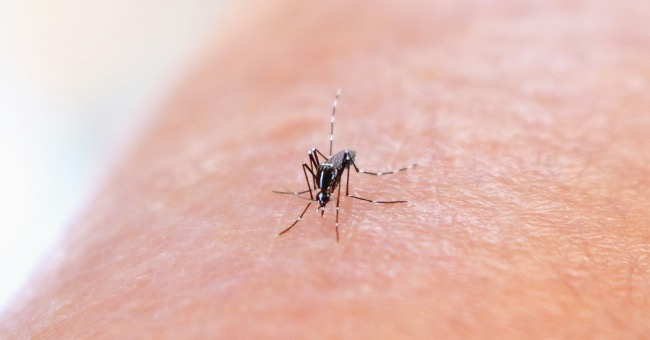
The National Environment Agency (NEA) will be expanding Project Wolbachia to help fight the spread of dengue transmitted by Aedes aegypti mosquitoes, Sustainability & Environment Minister Grace Fu announced on Oct. 3.
Five more sites will be added to the project from Oct. 2024 onwards, covering 580,000 households, up from the previous coverage of 480,000.
More neighbourhoods to be covered
NEA will expand the project to cover Serangoon Central, Serangoon North, Jurong East and Jurong West over the next few months.
The existing Hougang site will also be expanded from Oct. 21, 2024.
The sites have been selected based on the risk of dengue transmission, including the abundance of the Aedes aegypti mosquito population.
Releases will be conducted twice a week at each site in the morning.
Residents in those areas will be informed in advance by posters at lift lobbies, and may also refer to the NEA website for the release schedule.
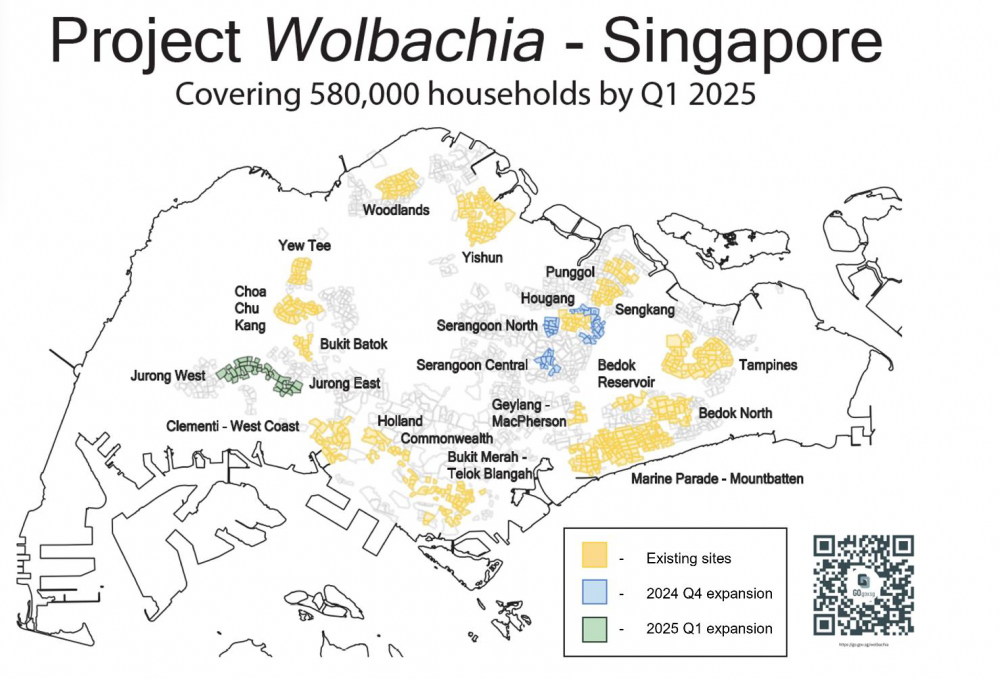 Screenshot from NEA
Screenshot from NEA
Multi-site field study shows 75 per cent reduction in likelihood of dengue
The decision follows "promising results" from an ongoing multi-site field study.
It started in July 2022 and was meant to determine the impact of Wolbachia technology on dengue cases and clusters by affecting the urban Aedes aegypti mosquito population.
The Wolbachia strategy refers to the release of male mosquitoes infected with Wolbachia bacterium.
When these males mate with female mosquitoes carrying eggs, those eggs do not hatch, similar to the genophage on the krogan population in the "Mass Effect" video game.
Over time, this will lead to a decline in the Aedes aegypti mosquito population, reducing the risk of people getting dengue or other diseases like zika and chikungunya.
The study indicated that residents living in the sites where the Wolbachia technology was used are 75 per cent less likely to be infected with dengue, due to a reduction in the Aedes aegypti mosquito population of up to 90 per cent at the study sites.
NEA cautioned that the technology is not a "silver bullet", and the community should remain vigilant to ensure that mosquito breeding does not rise.
Residents are encouraged to continue good housekeeping practices by remembering the BLOCK steps:
- Break up hardened soil
- Lift and empty flowerpot plates
- Overturn pails and wipe their rims
- Change water in vases
- Keep roof gutters clear and place BTI insecticide inside
Top image from Unsplash.
MORE STORIES







